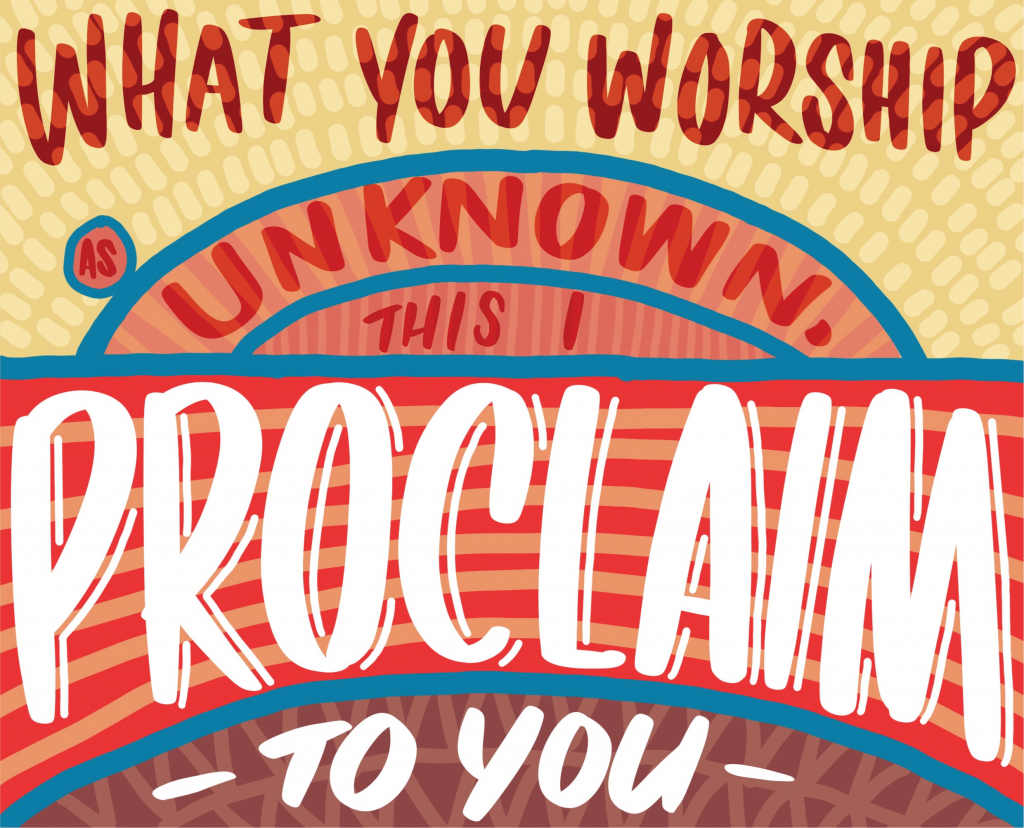
“Men of Athens, I perceive that in every way you are very religious. For as I passed along and observed the objects of your worship, I found also an altar with this inscription: ‘To the unknown god.’ What therefore you worship as unknown, this I proclaim to you.” (Acts 17:22-23)
Paul observed the abundance of idols in Athens (Acts 17:16). This shaped the way he engaged the Athenians, the in-crowd of new ideas. First, he acknowledged their religiosity. Then he gained their attention by making known to them “the unknown god.” He even quoted their poets.
All these provided an entry point to preach the gospel, which he had been doing at the marketplace
(see Acts 17:17).
The Athenian cultural context (idols and poets) determined Paul’s way of gaining a hearing for the gospel. Paul’s approach changed when context changed: when he encountered the traditional Jews in Acts 22, when he spoke to the shrewd Roman governor Felix in Acts 24; when he addressed the informed King Agrippa in Acts 26. In each instance, Paul sought an opening for the gospel. Different settings framed how he proclaimed the same gospel.
As you read this REACH, you find our various ministry teams seeking to understand the digital contexts our youths are in. They then creatively and diligently shape their approaches to secure a hearing for the unchanging gospel.

